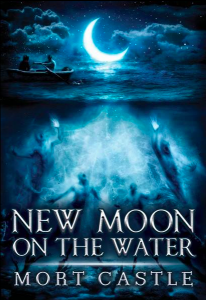It’s the holidays, so why are we talking about horror? Well, 15 minutes at my family reunions could answer that, but in short, horror authors aren’t all blood, guts and gore. In fact, the horror legends do what ALL authors should do…they probe the human soul, peel back falsehood and reveal the authentic human condition for better or worse. Whether we pick up a Stephen King, Dean Koontz, Edgar Allen Poe, or Rod Sterling story, what surfaces almost immediately is these authors understood people when creating these tales. Writing great novels requires we become masters of exploring the psyche, of using what makes humans weak, greedy, vengeful, callous, vain or jealous. Human frailty is the lifeblood of story—CONFLICT. Whether one writes thrillers, romance or YA, we must be able to delve deep and go to those uncomfortable places, because THAT is why readers turn pages.
Category: Writing Tips
Dec 11 2013
What Ebenezer Scrooge Can Teach Us About Great Writing
Charles Dickens’ story of a redeemed miser is a staple for holiday celebrations around the world and across the generations. This story is virtually synonymous with “Christmas,” but why is it such a powerful story? Why has it spoken so deeply to so many? Why is it a story that never grows old? Today, I want to talk about a couple of the elements that speak to me, because they rest at the heart of great writing.
Dec 10 2013
NaNoWhatNow? Three Tactics for Getting Un-Stuck
Maybe you finished the 50,000 words. Odds are, you hit somewhere between 20,000-35-000 and were stuck like a Ford Fiesta in icy mud. This is one of the reasons I recommend at least getting the log-line and basic plot points before beginning any fast-draft. If we don’t, we might find it hard to locate our literary butt with a literary flashlight. But, I’ve been stuck and here are some tips.












